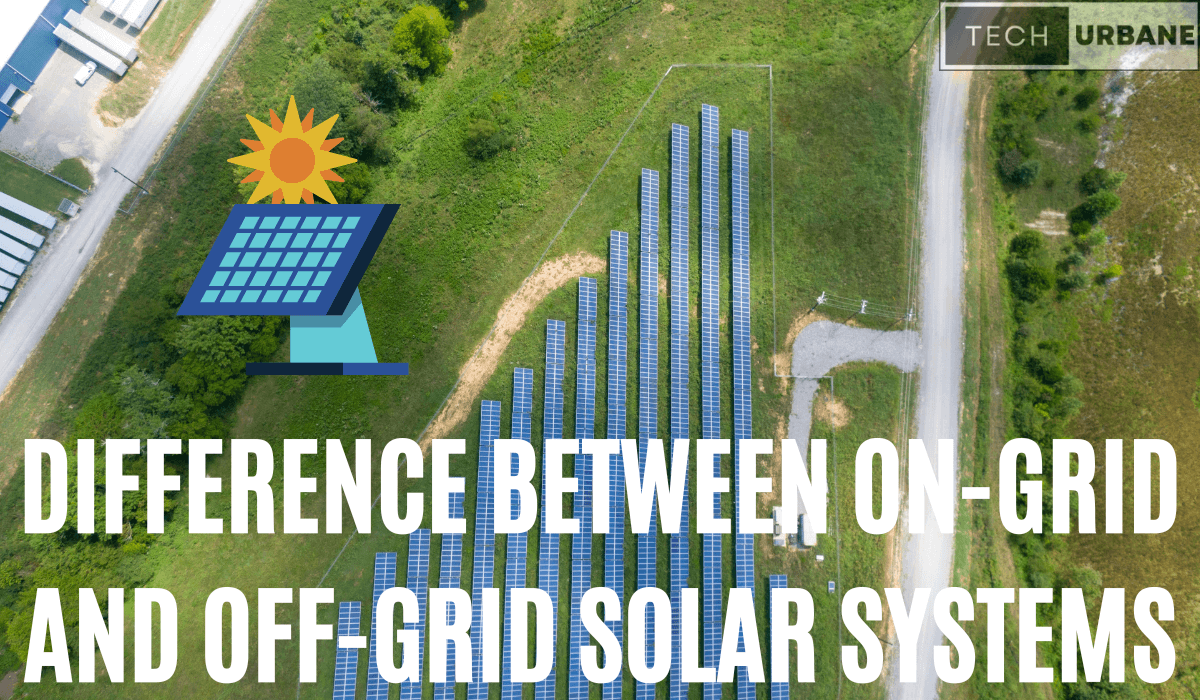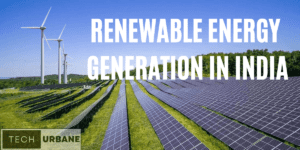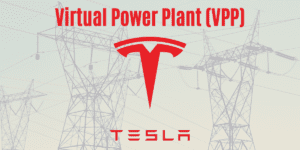When we talk about affordable renewable energy generation the first thing that comes into our mind today is Solar systems. Today many countries are pushing toward the generation of clean energy through Solar Power by creating big Solar Parks and also from On-Grid and Off-Grid Solar Systems.
In India, from 2014 to 2022 there is a huge leap in the generation of Solar Energy. Many big Solar parks have been developed in India and some more are under construction for the generation of Solar Energy. India has almost reached up to 30% of its total energy generation as of December 2022.
Also, Read Renewable energy generation in India
Now for increasing the generation of Solar Energy we need more Land. But we can only use barren land or unused Land for installing such big Solar Parks in the Country. For this Government is encouraging people to use or install rooftop Solar panels for Electricity generation depending on their needs.
As the demand and prices of electricity have kept on rising, the world looks at renewable energy sources for its power needs. In recent years, solar energy has become a popular renewable energy source because of its falling costs and improving efficiencies.
For installing Solar panels on our rooftop we have two major types of Solar panels these are On-Grid Solar Panels and Off-Grid Solar Panels. Depending on our needs we can install any one more from both these type of Solar Panels. A solar system comes in various sizes like 1 kWh, 2 kWh 3kW, 5kW, 7.5 kW, and 10kW.
Difference Between On-Grid and Off-Grid Solar Systems
On-Grid Solar System
An on-grid solar system is a system that works along with the grid. This means that any excess or deficiency of power can be fed to the grid through net metering. It is also termed as .


Many residential users are opting for an On-grid solar system as they get a chance to enjoy credit for the excess power their system produces and save on their electricity bills. You will always have power either from the solar system or from the grid. They do not have batteries.
Advantage: The consumer will always have access to power and will never suffer from a power outage.
Drawback: Does not come with any backup such as batteries so the system does not work when there is a power cut.
Off-Grid Solar System
A solar system that has battery storage and a backup are called an off-grid solar system that generates electricity after a power cut or during the night hours. An off-grid or grid-tied solar system in which typical solar system consists of solar panels (which absorb sunlight), an inverter (which converts DC into AC), a mounting structure (that holds the panels in place), batteries (to store the extra power generated).
Advantage: No dependency on the main power grid or government electricity power
Drawback: Expensive than an on-grid solar power system.
Conclusion
It totally depends on Consumer energy usage, location affordability, and feasibility. An off-grid system will be the best choice for a particular situation such as remote areas where there is more power outage, while for another situation where we have a better amount of power supply is there throughout the day such an on-grid system may be a better option.




